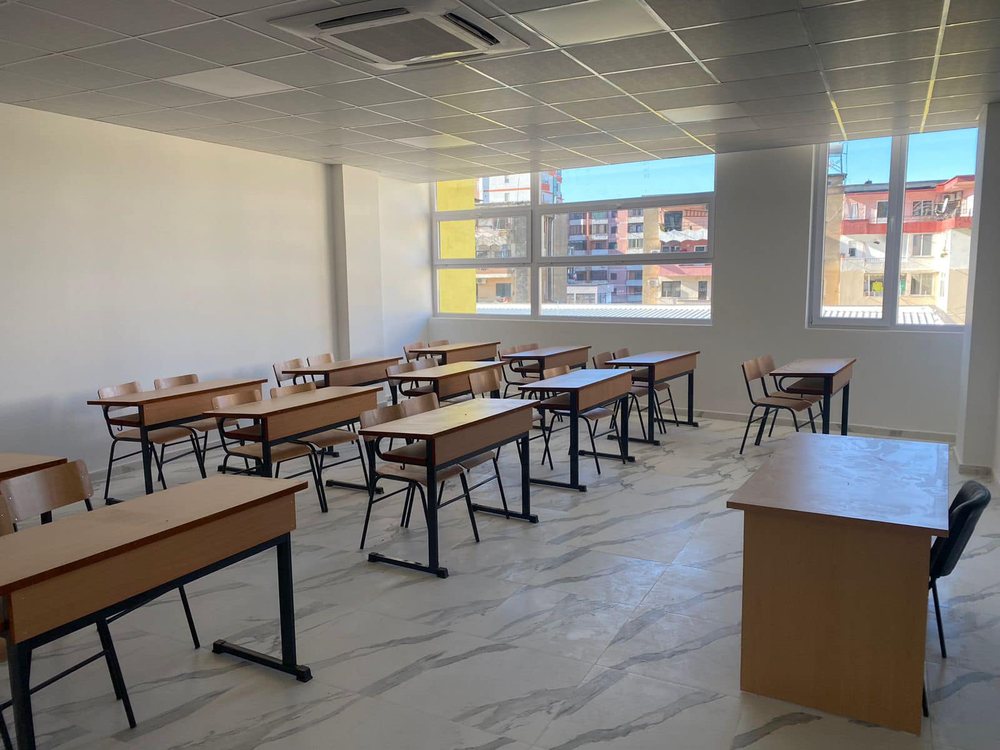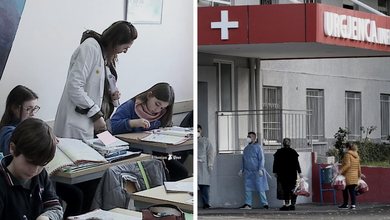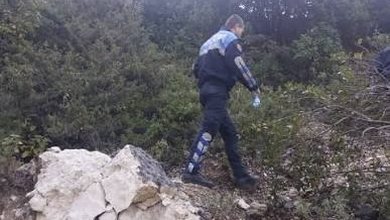
If the quality of education is also measured by the environments where children spend most of the day, then the latest data from the State Health Inspectorate shows that many educational institutions in Albania continue to face basic hygiene and sanitation problems.
During 2024, the inspection bodies of the ISHSH conducted 12,365 inspections and 765 re-inspections throughout the country, checking schools, preschool institutions, universities, accommodation and service facilities, health centers, social care institutions, pharmaceutical entities, as well as businesses that provide aesthetic and barber services.
The objective of these inspections was to guarantee proper hygiene and sanitary conditions and provide quality services to citizens, especially in environments where the risk to public health is higher.
The ISHSH has focused its attention on improving the quality of drinking water, creating optimal learning and recreation conditions in educational institutions, and controlling hygiene standards in workplaces.
A significant share of the total number of inspections is occupied by educational institutions. Last year alone, 4,033 inspections and re-inspections were carried out in schools, nurseries, kindergartens, universities and dormitories, with the aim of ensuring the implementation of legislation on the health conditions of learning and living of students. Of these, 3,944 were regular inspections, while 89 were re-inspections.
According to ISHSH data, the Tirana Region holds the highest number of inspections (701 in total), followed by Vlora, Shkodra and Durrës. But beyond the numbers, the findings raise well-known but still unresolved concerns: many schools have dilapidated buildings, the presence of humidity in classrooms and corridors, toilets in poor condition, and a lack of running or hot water supply.
In some cases, institutions did not have the mandatory hygiene and sanitary documentation for either the premises or the personnel, while in nurseries and kindergartens, deficiencies were found in children's files, including the lack of vaccination certificates and periodic tests.
In total, during 2024, 7 administrative measures with fines, 6 decisions for provisional closure and 439 warnings were imposed, reflecting a significant number of cases where standards were not respected.
The ISHSH report shows that, despite higher awareness of hygiene and sanitary control issues, educational infrastructure and care for the facilities where children stay continue to remain one of the weakest links in the public system.
And as inspections continue, their findings prove that for many institutions, health standards remain more of a formal obligation than a consolidated practice./ D.Hyka






















